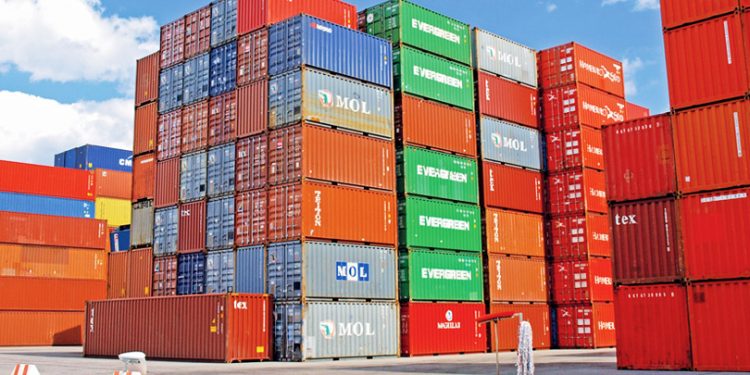The Ethiopian Investment Board has opened up the country’s logistics industry to foreign investors after it lifted the restriction that favoured domestic investors. Before the lift, foreign investors were denied from enjoying parts of the investment incentives and investment areas set aside for Ethiopian investors.
The restrictions that have been lifted are under Article 3.1(b) of the Investment Regulation No. 270/2012 which states in part: “The packaging, forwarding, and shipping agency services” are “exclusively reserved for Ethiopian nationals.”
The move is part of the Prime Minister’s policy shifts that aim to open up the country to foreign investment, a decision that has seen African companies line up to take a slice of the largely untapped market. The logistics sector in Ethiopia is now open to joint venture deals.
Ethiopia is also planning on privatising its airlines and its dominating telco sector in an effort to accelerate economic growth through foreign investors.
Increasing Competitiveness in Ethiopia
According to Betachew Mekuria, a commissioner of the Ethiopian Investment Commission, the decision by the board is “a great move towards improving competitiveness of Ethiopia’s exports.”
In a statement, the board which is led by Prime Minister Abiy Ahmed said:
“Improving Ethiopia’s logistics sector performance has been one of the key areas identified under the Second Growth and Transformation Plan (GTP II). […] However, to date, no significant improvement in cost or speed to market has been achieved. The country’s low performance against its peers under international benchmarks is a key testament in this regard.”
The statement also said that the decision was based on several studies and consultations with relevant stakeholders that identified the challenges facing the logistics sector in Ethiopia. These studies showed that for the sector to progress, it has to be developed as “another pillar of industrialisation and the driver of growth.”
Mekuria said the lift is significant because “it will improve the provision of high-end logistics services while local firms acquire world-class knowledge, expertise, management, and systems by working jointly with globally reputed logistics service providers.”




